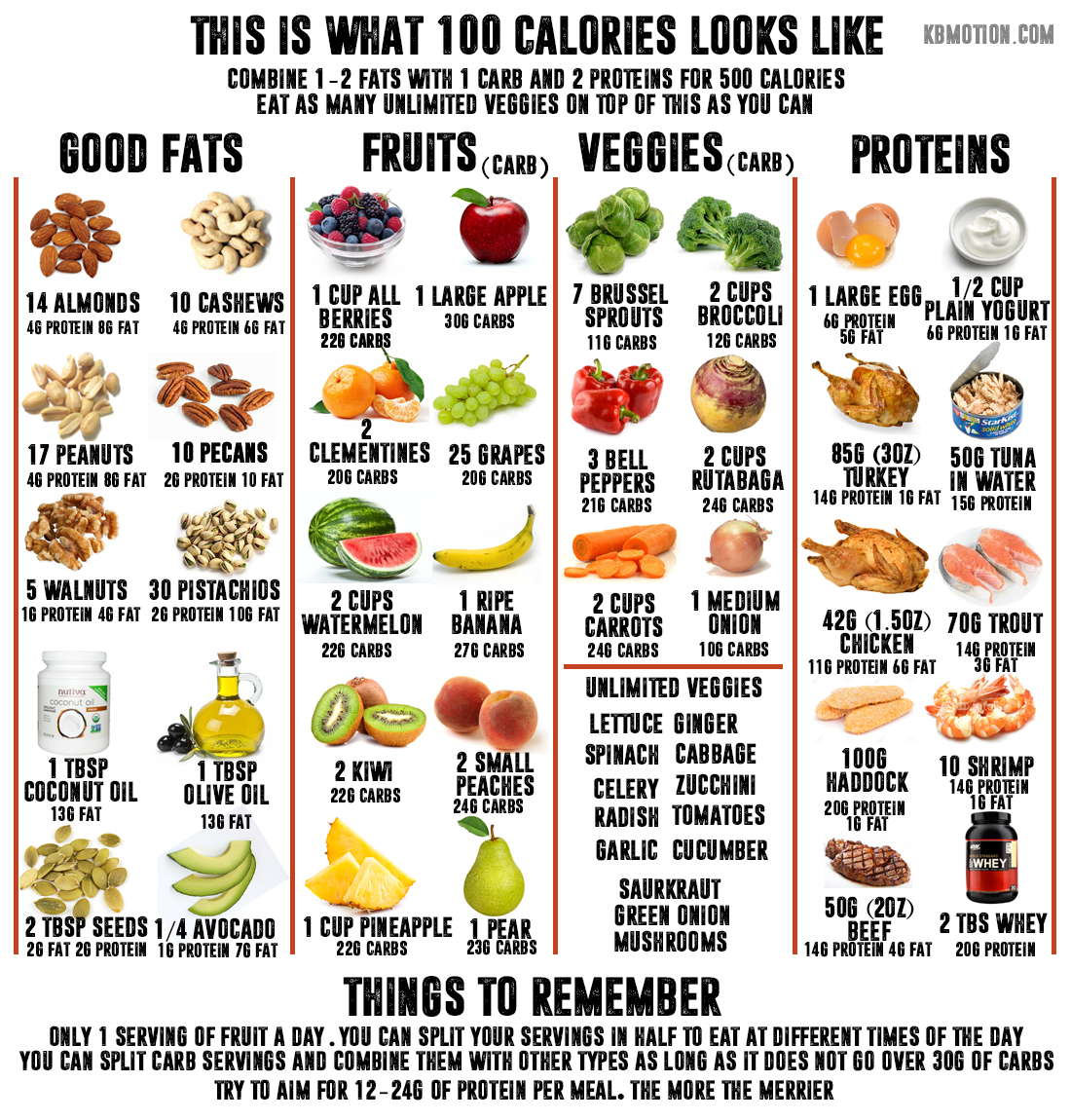In a world where dietary trends often focus on low-calorie and weight-loss strategies, high calorie foods sometimes get a bad rap. However, they play a crucial role for individuals who need to increase their calorie intake for various reasons, such as athletes, those recovering from illness, or anyone trying to gain weight healthily. This article delves into the world of high calorie foods, providing insights, benefits, and examples to help you make informed dietary choices.
Key Takeaways
- High calorie foods are essential for individuals needing to increase energy intake.
- They can be nutrient-dense, providing essential vitamins and minerals.
- Incorporating these foods can support weight gain, muscle building, and recovery.
- Understanding portion control and balance is crucial to avoid excessive calorie intake.
Understanding High Calorie Foods
High calorie foods are those that provide a significant amount of calories per serving. These foods are often rich in fats, proteins, or carbohydrates, which are the primary macronutrients contributing to calorie content. While some high calorie foods are nutrient-dense and beneficial, others may be high in empty calories, offering little nutritional value beyond their energy content.
Benefits of High Calorie Foods
High calorie foods can be beneficial for various reasons:
- Weight Gain: For individuals looking to gain weight, incorporating high calorie foods is essential. These foods provide the necessary energy surplus needed to build body mass.
- Muscle Building: Athletes and bodybuilders often require high calorie diets to support muscle growth and recovery after intense workouts.
- Recovery from Illness: During recovery from illness or surgery, the body needs extra energy and nutrients to heal and regain strength.
- Active Lifestyles: People with high-energy lifestyles, such as manual laborers or those engaging in rigorous physical activities, may need higher calorie intakes to sustain their energy levels.
Top High Calorie Foods to Incorporate into Your Diet
When choosing high calorie foods, it’s important to focus on those that are nutrient-rich. Here are some examples:
Nuts and Seeds
Nuts and seeds are excellent sources of healthy fats and proteins. They are calorie-dense and provide essential nutrients like omega-3 fatty acids, vitamins, and minerals. Popular options include almonds, walnuts, chia seeds, and flaxseeds.
Avocados
Avocados are not only high in calories but also packed with healthy monounsaturated fats, fiber, and various vitamins and minerals. They can be added to salads, smoothies, or enjoyed on their own.
Whole Grains

Whole grains like quinoa, brown rice, and oats are excellent sources of complex carbohydrates. They provide sustained energy and are rich in fiber, which aids digestion and overall health.

Fatty Fish
Salmon, mackerel, and sardines are examples of fatty fish that are high in calories and rich in omega-3 fatty acids, essential for heart and brain health.
Dried Fruits
Dried fruits, such as dates, raisins, and apricots, are concentrated sources of calories and natural sugars. They are also rich in vitamins, minerals, and antioxidants.

Healthy Oils
Oils like olive oil, coconut oil, and avocado oil are calorie-dense and provide healthy fats. They can be used in cooking or as dressings for salads and dishes.
Balancing High Calorie Foods in Your Diet

While high calorie foods can be beneficial, it’s important to consume them in moderation and balance them with other nutrient-rich foods. Here are some tips:
- Portion Control: Be mindful of portion sizes to avoid excessive calorie intake, which can lead to unwanted weight gain.
- Combine with Low-Calorie Foods: Pair high calorie foods with vegetables and lean proteins to create balanced meals.
- Monitor Nutrient Intake: Ensure that your diet includes a variety of nutrients to support overall health and well-being.
- Stay Active: Engage in regular physical activity to balance calorie intake and maintain a healthy weight.
High calorie foods can be a valuable part of a balanced diet, especially for those needing extra energy for weight gain, muscle building, or recovery. By choosing nutrient-dense options and practicing portion control, you can enjoy the benefits of these foods without compromising your health. Whether you’re an athlete, recovering from an illness, or simply looking to increase your calorie intake, understanding and incorporating high calorie foods can help you achieve your dietary goals effectively.